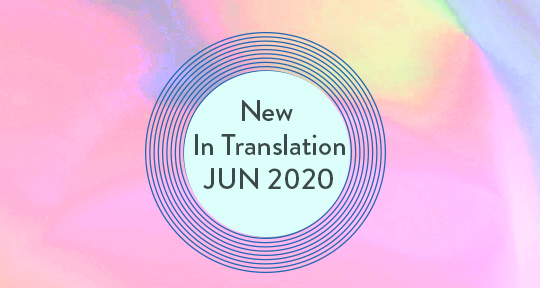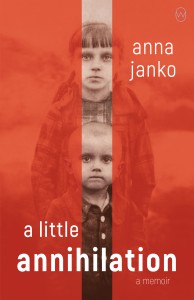This week, our editors from around the world present reimaginings of Sophocles in Hanoi, memorials and debuts from Japan, and witness writing from Southeast Asia. Read on to find out more!
Thuy Dinh, Editor-at-Large, reporting from the Vietnamese Diaspora
Since November 2021, The Goethe Institute in Hanoi has been in collaboration with the Youth Theatre of Vietnam (Nhà Hát Tuổi Trẻ) to produce six interpretations of Sophocles’s Antigone, exploring a variety of salient themes—fate versus freewill, the family versus the state, moral integrity and political order, feminism versus patriarchy, reason and emotion, loyalty and disobedience. While most of the productions were performed live in Hanoi after the gradual easing of COVID-19 restrictions, “Portrait” (“Bức Chân Dung”)—Antigone’s fifth iteration—is shown online from February 19 through February 26, 2022.
Directed by Lê An of Ho Chi Minh City’s Saigon Theatreland, “Portrait” shifts the first act of Antigone into 1970s wartime South Vietnam, where An (Huỳnh Ly)—whose name means peace and contentment—must forge her identity out of her family’s traumatic past. Creon, Antigone’s uncle in Sophocles’s play, is transposed into her emotionally repressed father, Đắc (Công Danh), a high-ranking officer in the South Vietnamese Army. Đắc forbids An to bring home Kỳ’s dead body—his son and An’s brother—an enemy soldier who fought and died for the Communist cause. Despite the obvious ideological landmines evoked by this premise, director Lê An, in a pre-performance podcast, sidestepped politics by discussing her heroine’s psychological quest “to find herself”— possibly to detract from the production’s more provocative implications.
While ideological heresy still cannot be addressed explicitly in modern adaptations of Antigone within Vietnam (despite the heroine’s Greek name which can mean “one who resists/is of the opposite bend”), this theme plays a central role in Vũ Thư Hiên’s oeuvre—including his newest story collection, Confessions at Midnight (Lời Xưng Tội Lúc Nửa Đêm) (California: Văn Học Press, 2022). A well-known dissident writer and translator, Vũ Thư Hiên has become Vietnam’s persona non grata since the 1997 publication of Night at Midday (“Đêm Giữa Ban Ngày)—a memoir, inspired by Arthur Koestler’s 1940 novel Darkness at Noon, which recounts the nine years (1967-1976) he spent in various North Vietnamese prisons after being charged with “anti-Party, anti-State, spying and revisionist conduct.” READ MORE…




